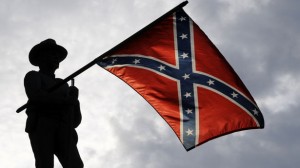(ThyBlackMan.com) Some say the Confederate flag is a symbol of the bravery of Southern soldiers who died in a glorious attempt to leave the Union. Is it?
Why was the Civil War fought, to end slavery or preserve the Union? Lincoln proclaimed that he would do anything to preserve the Union, even allow the South to maintain slavery. But the Southern states realized that eventually slavery would be outlawed. In Capitalism and Slavery Eric Williams documents how profits from the trade in enslaved Africans, and the labor of enslaved Africans, created the surplus value that launched the Industrial Revolution. Once the Industrial Revolution, full blown modern capitalism, was underway, slavery not only became superfluous but counterproductive.
And so the Northern states outlawed human bondage early in the 19th century, while the South was still shipping its cotton, the fruits of its enslaved African labor, not only to the North but to Europe as well. Thus the immediate cause of the Civil War was to end unfettered European competition in the manufacture of cotton goods. The goal of Emancipation did not enter the picture until two  years after hostilities commenced, when it became clear that that would end the conflict sooner. After the North’s victory Reconstruction, that is, full and complete Emancipation, was abandoned once it became clear that the uprising in the South was completely stamped out.
years after hostilities commenced, when it became clear that that would end the conflict sooner. After the North’s victory Reconstruction, that is, full and complete Emancipation, was abandoned once it became clear that the uprising in the South was completely stamped out.
The vast majority of those who died for the Confederacy, the rank-and-file foot soldiers of the infantry, did not own slaves. They were basically poor whites who were impoverished precisely because of slavery. No one needed their labor, thanks to the abundance of slave labor. Furthermore, there was a law that anyone who had 20 or more slaves did not have to fight. And if that were not enough, those slaveholders who did join the Confederate ranks chose to join the cavalry, not the infantry which suffered a vastly disproportionate share of casualties.
During Reconstruction Blacks and poor whites worked together to improve the infrastructure, and institute the first public school system, in the South. However, Reconstruction ended when Nathan Bedford Forrest, an ex-Confederate cavalry commander, created the Ku Klux Klan and urged poor whites to flock to the banner of white solidarity and abandon their Black comrades. Thus, for the next 80 years the South remained a primitive, undeveloped backwater focused on suppressing a third of its population and miring everyone in poverty except for the ruling class, the descendants of the slaveholders. And so there was another titanic struggle, the civil rights movement. And again poor whites fought against progress tooth and nail. But when it was over, the South began to boom as much of the repressive apparatus was dismantled, outside investments came streaming in and the oppressed one third of the population was brought more into the economic mainstream for the benefit of all.
Which brings us to today. Look at those who still cling to the banner of the Old Confederacy. Again we see that it is mainly the relatively poor, moderately educated white group. Whereas Southern business interests, educated whites and African Americans are eager to drop the hateful emblem, whites of modest means are again acting against their own best interests. Ignorance is terribly blinding and knowledge truly liberating. . . .
Staff Writer; Arthur Lewin
This talented author has just published a NEW book which is entitled; AFRICA is not A COUNTRY!.
For more articles written by this talented brother click on the following link; https://thyblackman.com/?s=lewin.

















I guess I’m not connecting your original point of slavery becoming counterproductive under full blown capitalism. Again, a fixed labor cost directly controls pricing, which is the only thing that is elastic in a free market economy. Not to sound ungrateful, but from a purely economic model a free labor force is a capitalist’s dream.
The south benefited from an artificial economy. That is true. Slavery is an unsustainable economic model.
Thanks, Steve. You raise some intriguing questions. Yes, they did “create a neo-feudalistic economic model. . . . during the early stages of the industrial revolution” in England and in the American North. Workers in both were treated very badly for the sake of profit for the capitalists. But the industries of the North and the industries of England, both heavily centered around cotton manufacturing, were competing with each other. And the South was selling cotton to both, without putting a tariff on cotton sold to England.
So the North attacked the South to end, or at least control and tax, that trade. England was actually toying with the idea of formally recognizing the independence of the South up until the Battle of Gettysburg, the decisive battle of the Civil War. After Gettysburg, after so many Northern soldiers had been killed, Lincoln said to heck with it, let’s just put out the Emancipation Proclamation, which effectively ended slavery in the South by crippling their war machine and thereby speeding up the end of the war. Make sense?
Very well thought out article.
I do have a question. Under full-blown capitalism how would slavery become counterproductive? If labor is a fixed cost of 0 then wouldn’t the plutocracy, namely wealthy land owners and the power-elite, in effect create a neo-feudalistic economic model? Isn’t that what they created during the early stages of the industrial revolution?
Thank you for presenting a vividly lucid argument. Just when I thought you were going in one direction you remained historically consistent.